Next Stop, Greenwich Village (1976)
“I’m a grown man — I’m not a little boy anymore!”
|
Synopsis: |
|
Genres, Themes, Actors, and Directors:
Response to Peary’s Review: … “falls in with a group of young eccentrics”: … “and tries repeatedly “to break free from his grasping, often hysterical Jewish mother (Shelley Winters), whose goals in life seem to be to stock her son’s refrigerator and make him feel guilty.” Peary points out that “not everything works” in this film — for instance, “talented Baker is not always appealing”: … “but Mazursky beautifully creates a fifties ambience, populates his film with real characters, effectively blends humor and tragic elements,” and “has included several stunning scenes.” He notes that his “favorite moment has Winters, who has been hysterical throughout, sitting in her son’s apartment and, like a sweet schoolgirl with a crush on a singer, tearfully listening to an opera record” — at which “point we can perceive the beauty and depth of emotion in this woman.” He argues that this “film would work double-billed with Carl Reiner’s 1967 memory piece Enter Laughing, in which Winters played a Jewish mother to another aspiring actor” — but I recommend this film over that one. Particularly noteworthy in Mazursky’s screenplay is the complexity of Larry’s relationship with his lover, played with depth and zest by Greene (of Little Shop of Horrors fame). Film lovers will also appreciate seeing a few well-known actors in supporting roles — including Christopher Walken as a seamy lothario: … Jeff Goldblum as a fellow aspiring actor: … Antonio Vargas as a Black gay friend with a Jewish name: … and Lois Smith as a young bipolar woman the group regularly cares for. Notable Performances, Qualities, and Moments:
Must See? Categories
Links: |
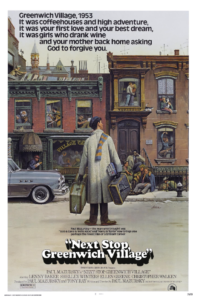
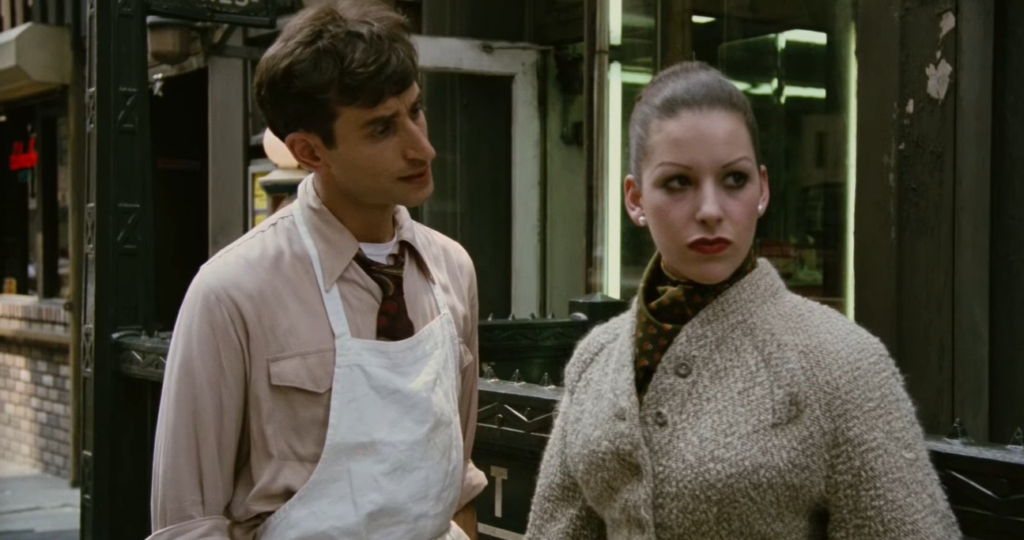
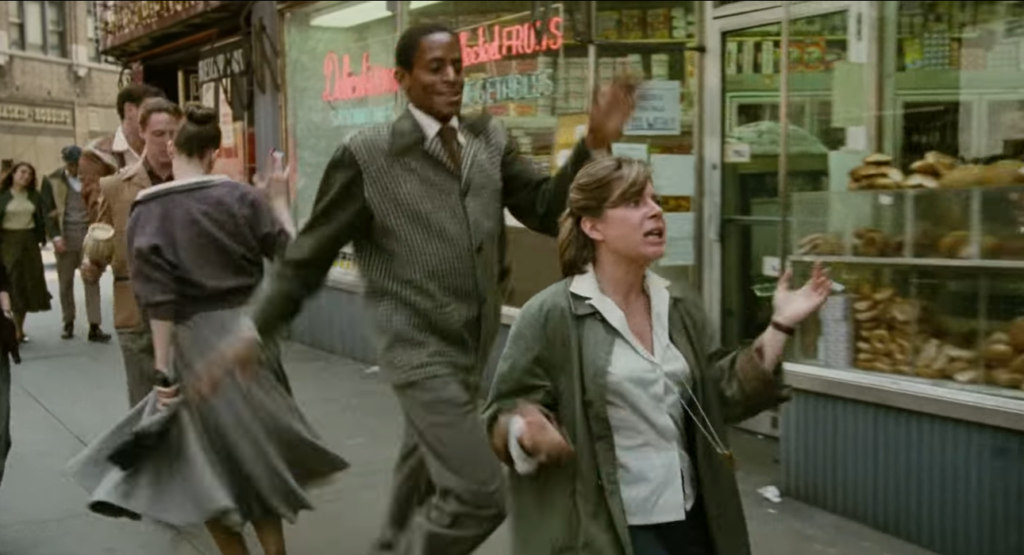
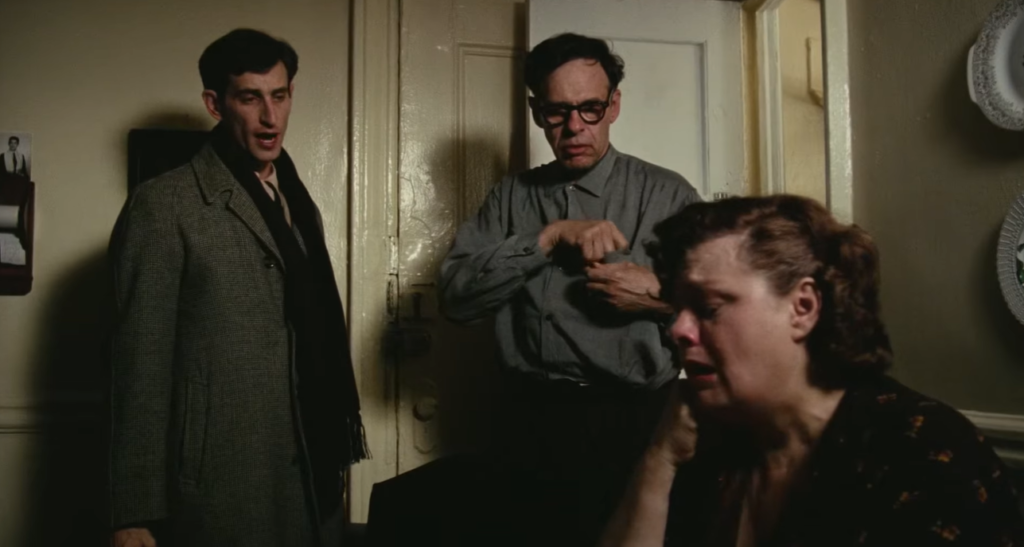
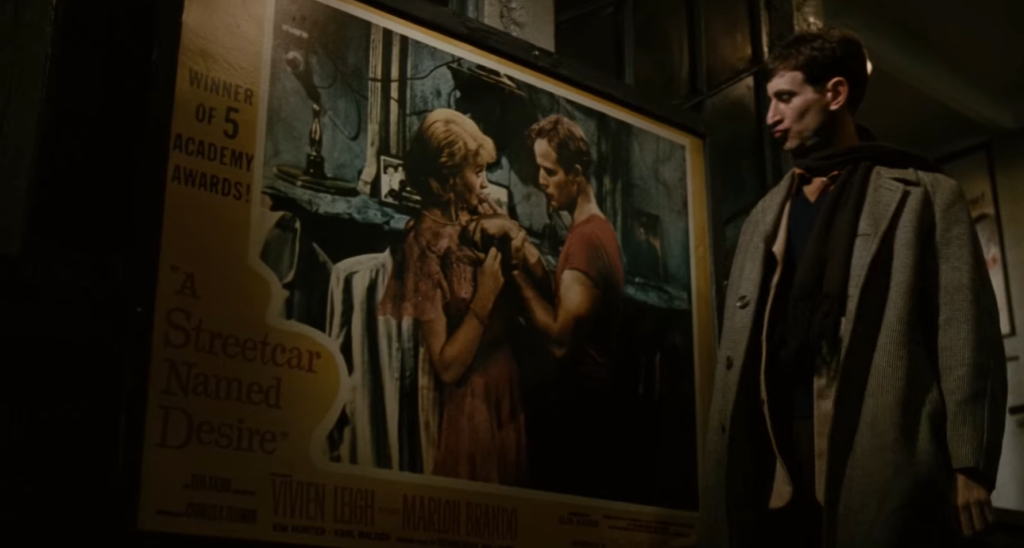
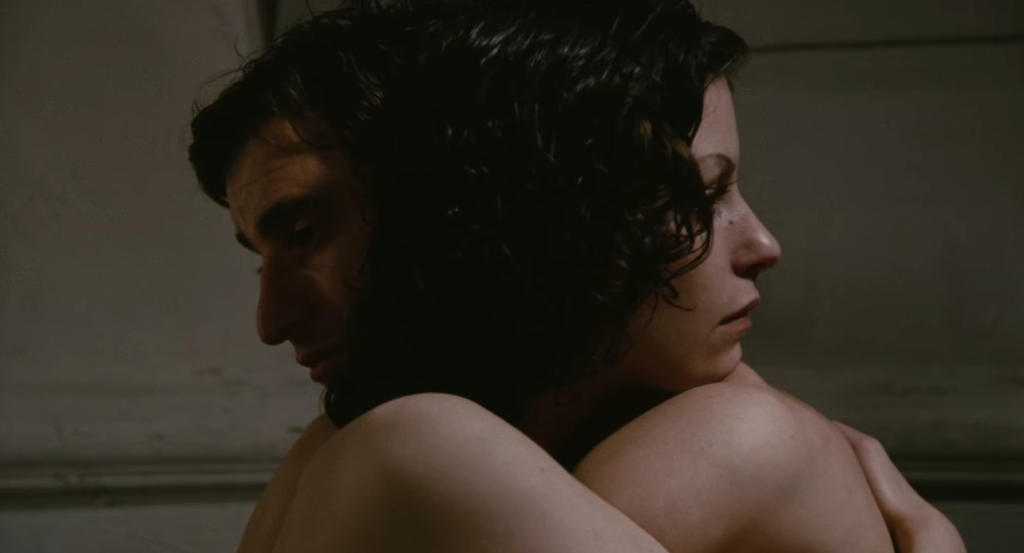
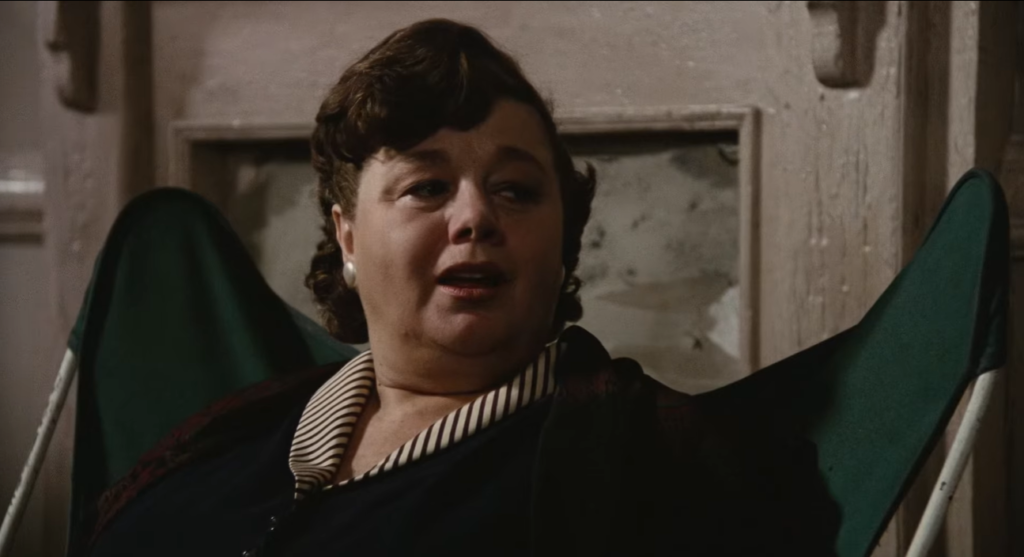
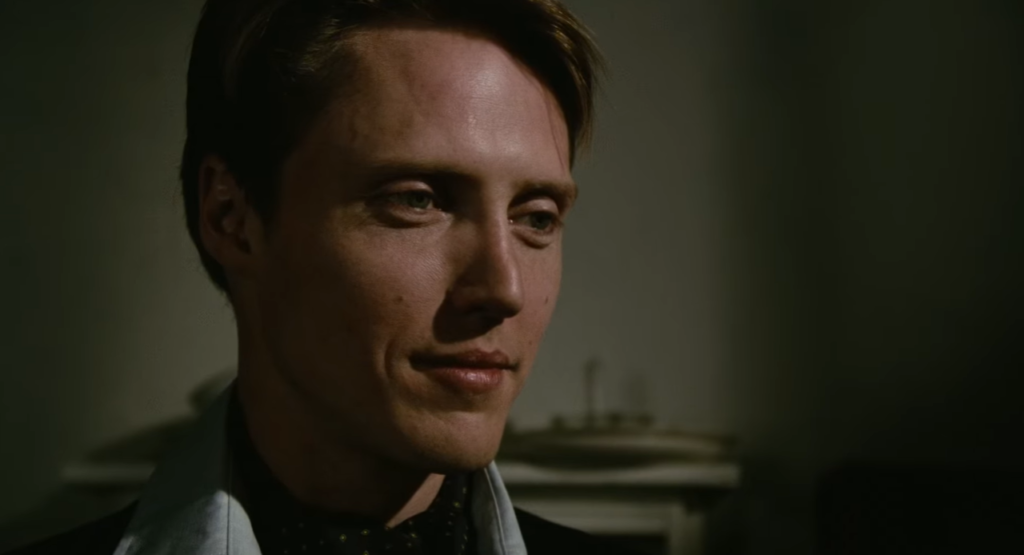
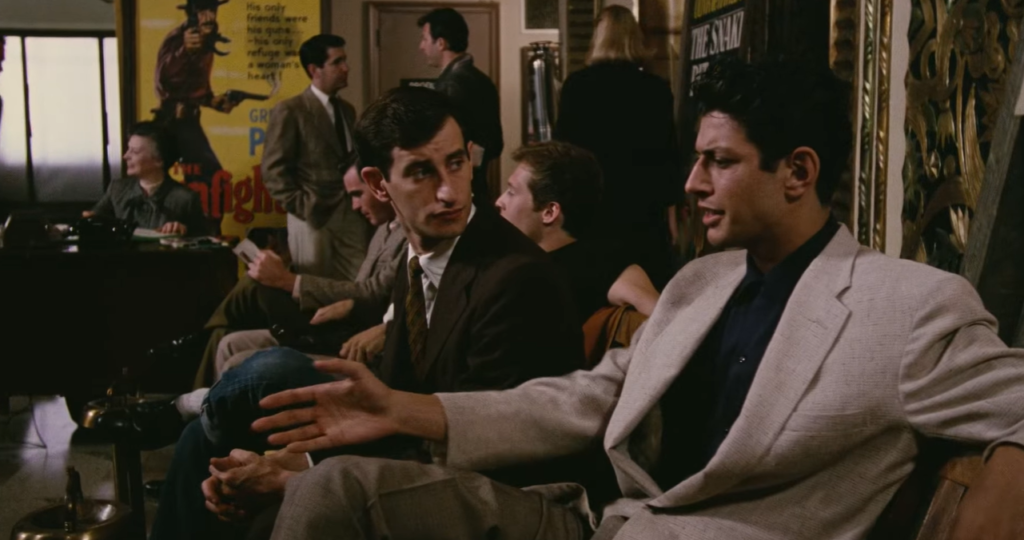
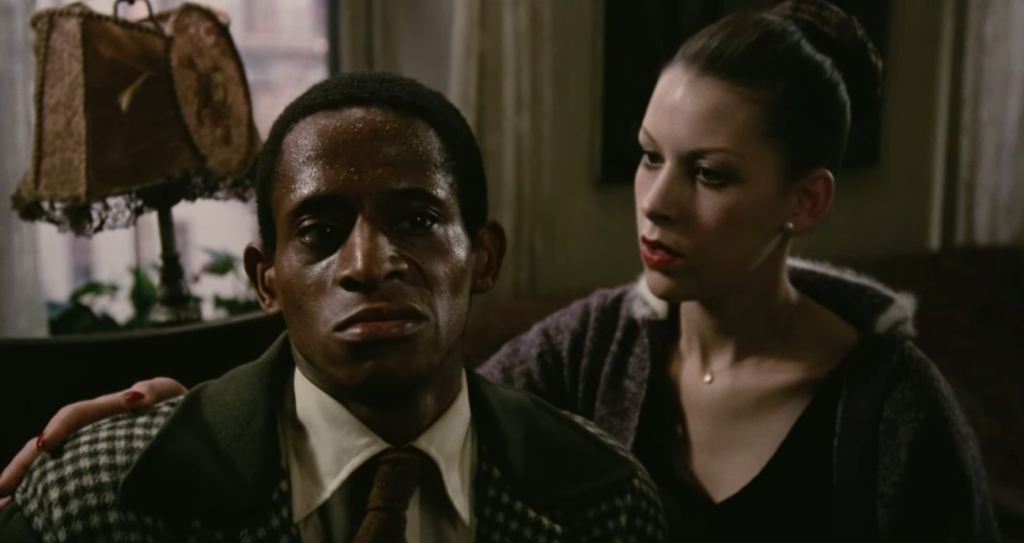
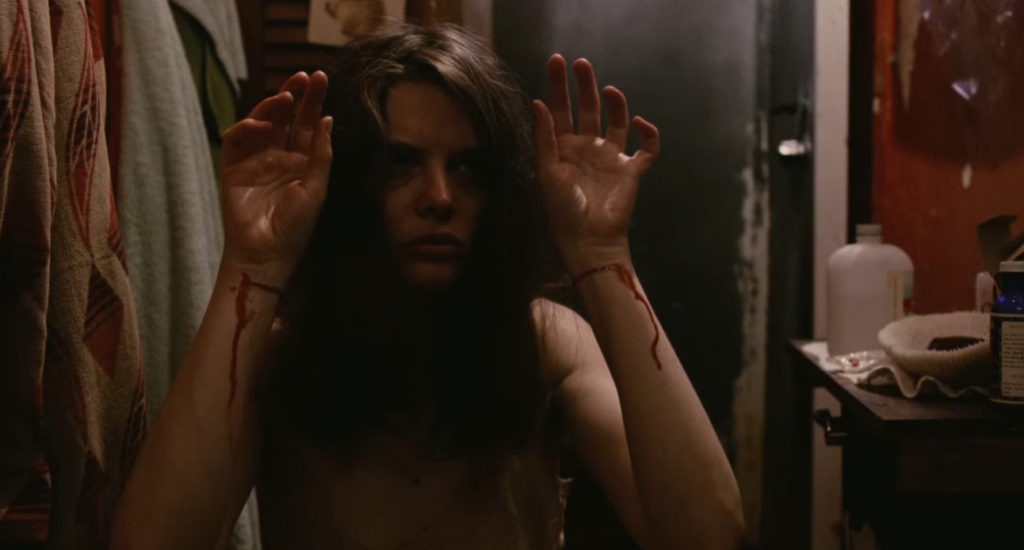
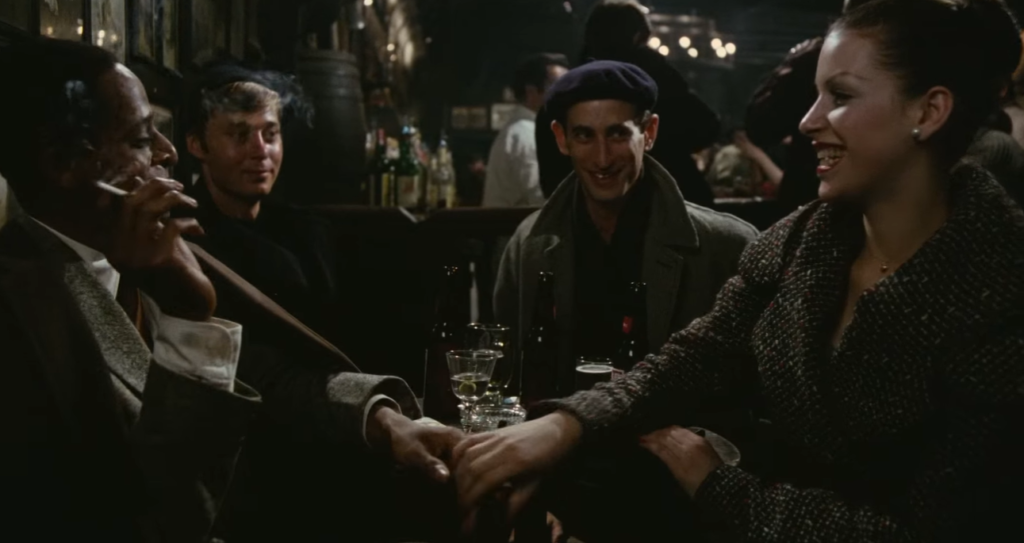
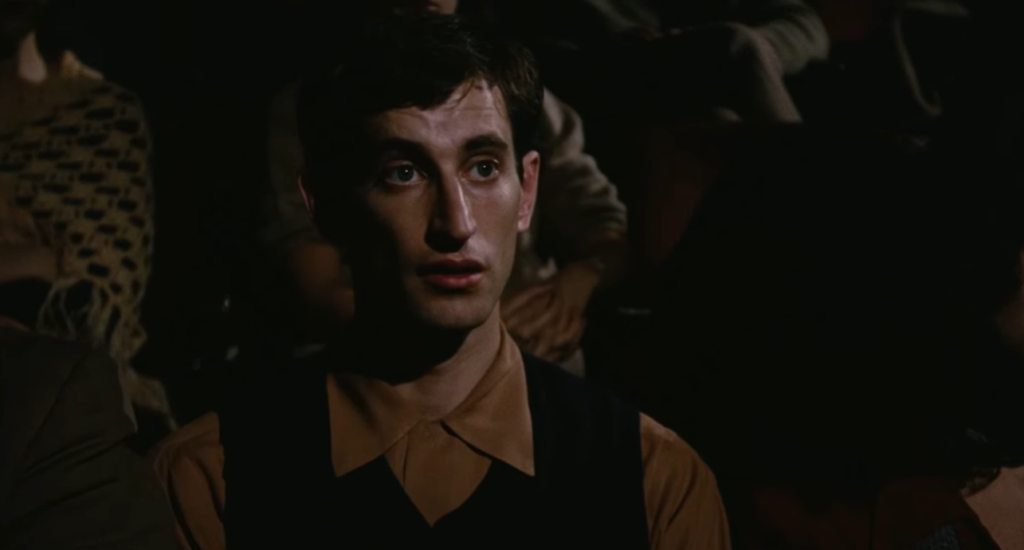
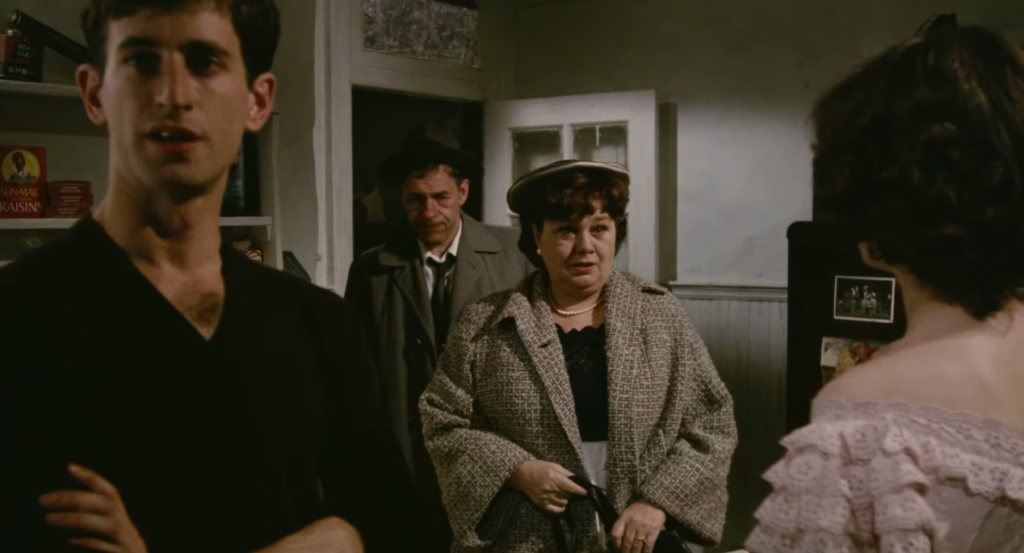
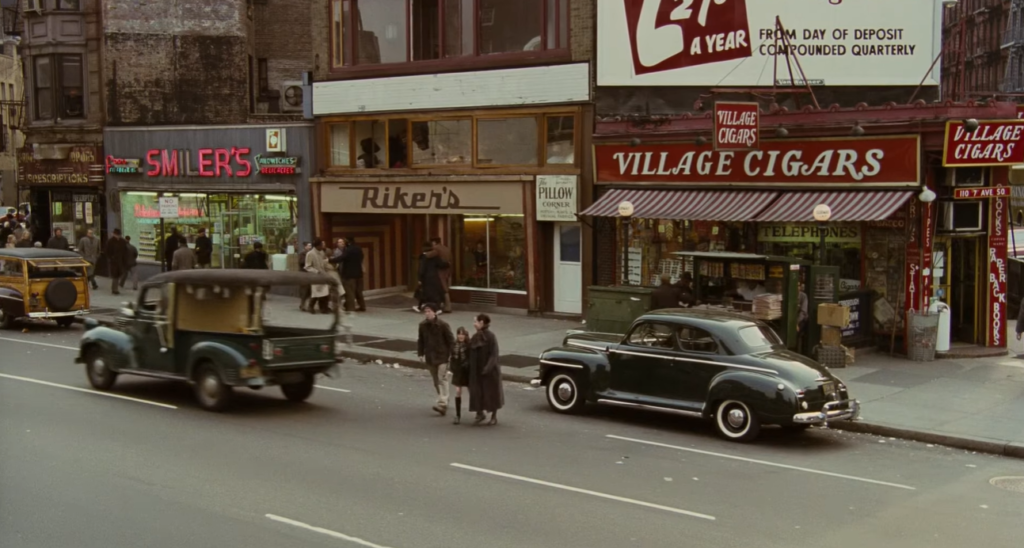
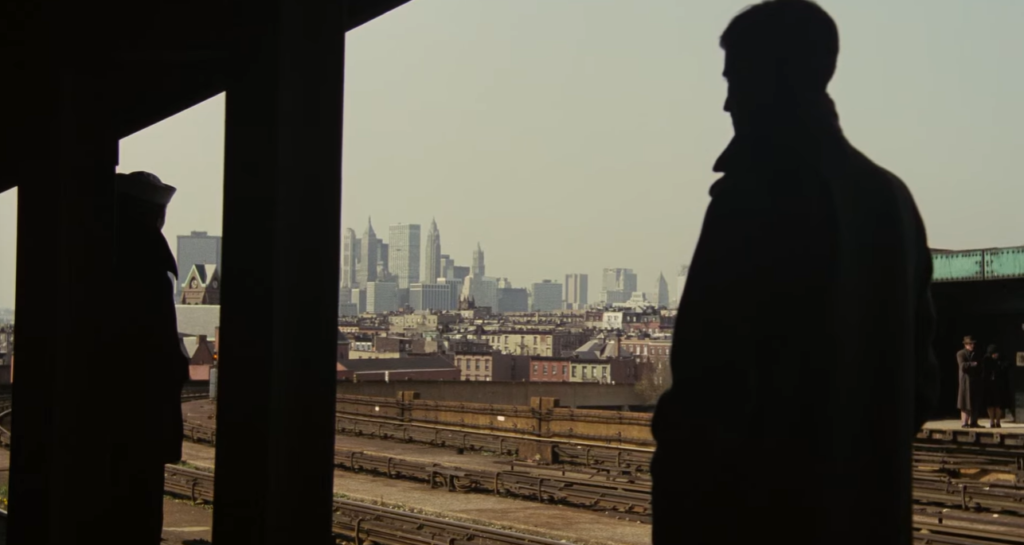
One thought on “Next Stop, Greenwich Village (1976)”
Rewatch (5/31/21). Not must-see. Even a somewhat-better Mazursky film isn’t necessarily a good one. But, in its favor, this one has a fine sense of period design.
There is a certain earnestness in Mazursky’s depiction of his early life as an actor but not a whole lot of depth. I kept thinking that most of the real-life characters filtered here may have had more layers to them (and more interesting things to say) in real-life.
Even if she is a bit OTT at times (as is often the case), Winters is allowed some moments to shine. And Fargas stands out in a small capacity as a gay ‘trailblazer’.
This film was released around the time that I moved to NYC. I have vivid memories of what Greenwich Village was like – in all its vivid splendor (before it slowly began to disappear completely) – and, fortunately, the film manages to capture something of the flavor of that period (one that seemed to creatively grow steadily from post-WWII and that reached its high point in the ’70s). But I also remember Greenwich Village as being a lot more fun than this film would have you believe – or maybe it’s that it was particularly more fun for gay people (at least post-Stonewall).